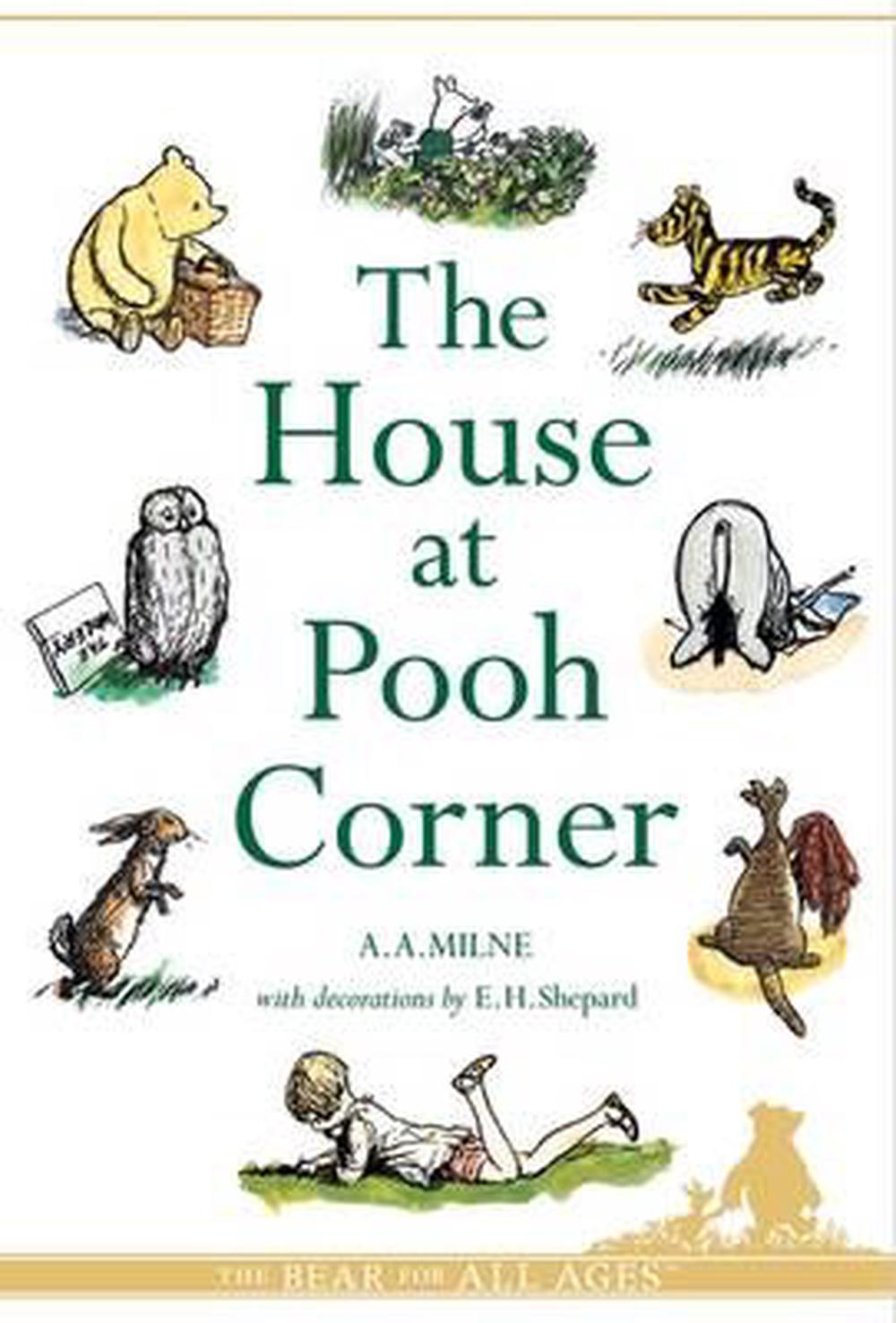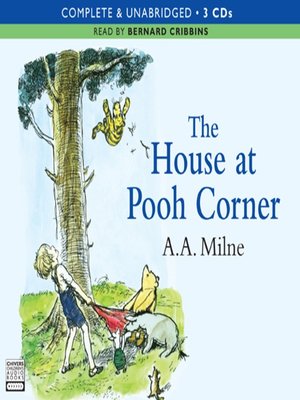
Pettit chooses too delicate a point and too sweetly lustrous a surface for his writings. Pettit ever met on a smoking-car.) “Elegant Infidelities of Madame Li Pei Fou,” indeed! Even if I could pronounce it, it would irritate me. (One wonders, by the way, what would happen if Miss Newman and Mr. In the first place, there is a distinctly Frances Newman strain to the title. But it is, for me, even more difficult going than the earlier novel. Charles Pettit has selected a theme far less specialized in its appeal for his new book, “Elegant Infidelities of Madame Li Pei Fou,” than he did for his “The Son of the Grand Eunuch.” He has, so to speak, put in things to make it more hummy. ‘I put that in to make it more hummy.’ ”Īnd it is that word “hummy,” my darlings, that marks the first place in “The House at Pooh Corner” at which Tonstant Weader Fwowed up. “ ‘Tiddely what?’ said Piglet.” (He took, as you might say, the very words out of your correspondent’s mouth.) “ ‘Well, you’ll see, Piglet, when you listen. “ ‘Are you sure?’ asked Piglet anxiously. But it’s no good going home to practise it, because it’s a special Outdoor Song which Has To Be Sung In The Snow.’ “ ‘That’s a very good idea, Piglet,’ said Pooh. How would it be if we went home now and practised your song, and then sang it to Eeyore tomorrow-or-or the next day, when we happen to see him.’ “ ‘Pooh,’ he said at last and a little timidly, because he didn’t want Pooh to think he was Giving In, ‘I was just wondering. I could bite my tongue out.Īs they are trotting along against the flakes, Piglet begins to weaken a bit.

Oh darn-there I’ve gone and given away the plot. It “seemed to him a Good Hum, such as is Hummed Hopefully to Others.” In fact, so Good a Hum did it seem that he and Piglet started right out through the snow to Hum It Hopefully to Eeyore. This one is designated as a “Hum,” that pops into the head of Winnie-the-Pooh as he is standing outside Piglet’s house in the snow, jumping up and down to keep warm.



Milne’s new book, “The House at Pooh Corner,” for, although the work is in prose, there are frequent droppings into more cadenced whimsy. The above lyric is culled from the fifth page of Mr. “And nobody KNOWS-tiddely-pom, How cold my TOES-tiddely-pom How cold my TOES-tiddely-pom Are Growing.”


 0 kommentar(er)
0 kommentar(er)
